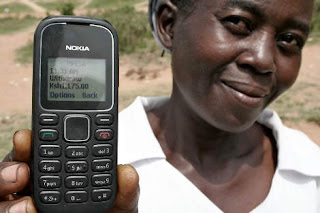I want to start by taking issue with the tendency of dominant (i.e. white, western and mostly English) cultures to demand assimilation from other cultures, but not to reciprocate when the shoe is on the other foot. Recently, there has been a lot of hand wringing in Europe about the supposed unwillingness of Muslim immigrants to assimilate into the culture of European countries. Observe France’s battle with the burqa. And, the sentiment is much the same for many in the UK, as evidenced by the tabloid press. They make the superficially reasonable argument, ‘If you want to live in Britain, you should embrace British values.’
Tim embracing British Values
However, they seem to have forgotten that when our forefathers were living in foreign lands, they never assimilated at all. In the days of the British Raj, those Brits who lived in India merely transplanted their British culture to a new continent – tealeaves, cricket stumps and all.
You might think that such chauvinistic attitudes are all in the past, but as someone who has lived in an expat bubble for fifteen years, I can tell you that you’d be dead wrong. This is how it works. Fifteen years ago I moved to Taiwan to teach English. I answered an English job advert, my interview was conducted in English, my training was in English and if ever I had a practical problem, the bilingual staff at my school would translate on my behalf. If I didn’t feel like eating Chinese food, I had a range of western fast food to choose from, or if I was feeling picky, I could go to one of several expat-owned restaurants in the area. Since my school was staffed by other foreign English teachers, I could socialise exclusively with them if I felt so inclined.

I’m happy to say that I didn’t totally isolate myself from Taiwanese culture, and neither did my friends. Most of us enjoyed a mix of Chinese and western food, and we got along great with our Taiwanese co-teachers. In fact, a lot of us dated or married Taiwanese people. In my case, I also chose to study Chinese, and after a couple of years, I could deal with most issues myself. Not a bubble at all, then? In fact, it was a very real bubble – a semi-permeable membrane, through which I allowed only comfortable and familiar elements to pass. I might have spoken reasonably fluent Chinese, but I couldn’t read the newspaper or watch local TV, and that didn’t bother me a bit. My life remained largely westernised and English speaking in substance, with the addition of selected Taiwanese elements.

This isn’t some kind of Stalinist self-criticism session. In fact, I think it’s okay to live like this. I’m doing the same thing in Korea right now. We all want to stay mostly within our cultural comfort zone, and it’s fine to do so as long as we’re respectful and open-minded. In my years in Asia, I’ve had plenty of opportunity to criticise other cultures, but I’ve just as often been humbled by their brilliance. So, I’d say that wherever you are, you should stay open minded and curious about other cultures. Otherwise, you’re going to miss a great opportunity for learning.

























